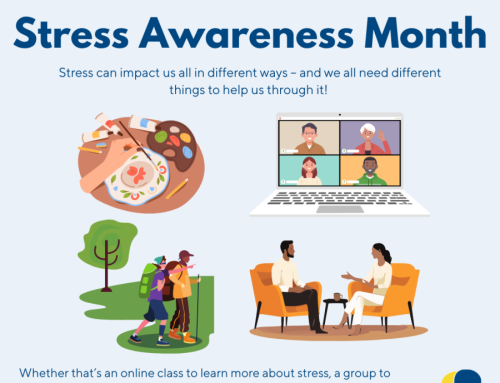For BNF Healthy Eating Week, Touchstone trustee Julie Laxton offers some guidance on how to look after ourselves by choosing what we eat.
Healthy eating sounds really boring, but it will help you to keep well and feel better. It can prevent some diseases in the future for example, heart disease and diabetes.
What is a well balanced diet?
This means eating the right foods for your body to grow, thrive and be active. It should help you to keep your weight steady. [* this depends on whether you are underweight, overweight or normal weight now]
So what does this mean for me?
Some of you will already buy fresh ingredients, cook your own meals and snack on healthy foods (such as fruit) however, if you eat a lot of take away foods and snack on unhealthy foods such as crisps cakes and biscuits, then you may find healthy eating more difficult to start with.
So what should I aim for?
Keeping to 3 meals a day is far better than trying to starve yourself for one big evening meal. Your body needs its nutrients during the day, not for sleeping at night!
You may have heard of ‘5 a day’ this means to eat at least 5 portions of fruit and vegetables or salad daily. As an example one portion of fruit would be a single banana, an apple or 3-4 plums. It’s not an exact science, so don‘t worry if you have a large or a small banana. These foods will increase your vitamin and mineral intake and you can eat them as snacks anytime.
Starchy foods are part of any healthy diet; this could be potatoes (including sweet potatoes) rice, pasta, naan, chapatti, bread, crispbread. Have one portion per meal, but be careful how they are cooked or what is eaten with them. For example adding loads of butter, oil or ghee in cooking adds fat to the diet and often is too much fat for your body. Wholemeal bread or wholewheat pasta, brown rice is an improvement on white bread and white pasta and rice. The wholewheat helps to fill you up.
Cheese, milk and other dairy foods eg yoghurt can be an important part of your daily diet, particularly if you are vegetarian. However they can contain a lot of fat, so use sparingly or go for low fat varieties eg low fat yoghurt or semi skimmed milk.
You can get your protein from meat, fish eggs beans and pulses, so it is a good idea to have some at 2 of your 3 meals.
How do I start? Check out the snacks you eat and any takeaways or any prepared dishes you may buy. Now and again is OK but if it is a regular part of your daily diet, then consider eating more fruit as snacks and cooking meals at home from fresh ingredients.
This blog does not cover anything in any great detail; particularly about what weight you should be, so check out the NHS website on healthy eating, it gives loads of hints and tips for you.
Happy Eating! Julie Laxton
https://www.nhs.uk/live-well/eat-well
June 2018.





